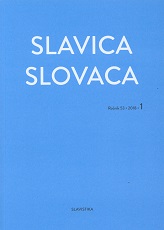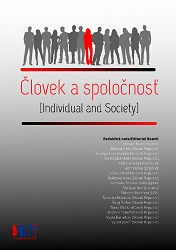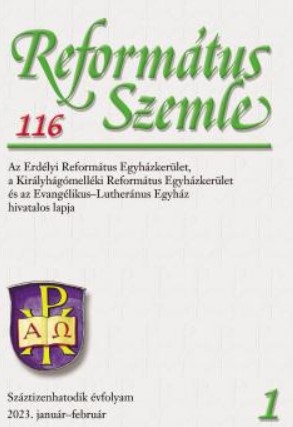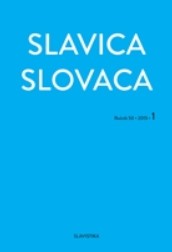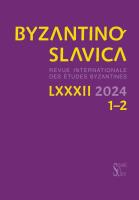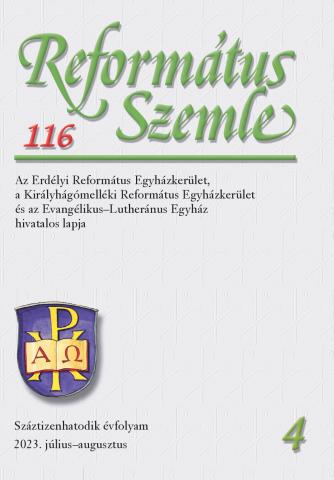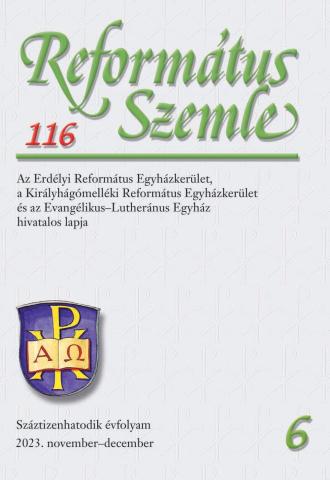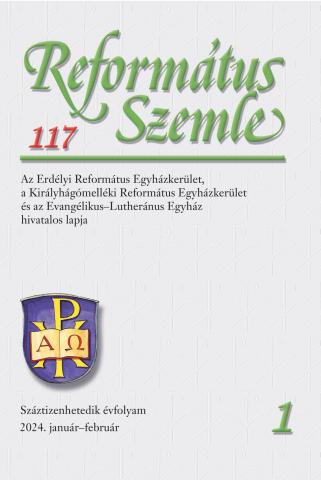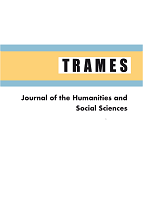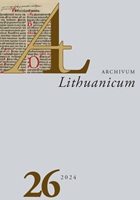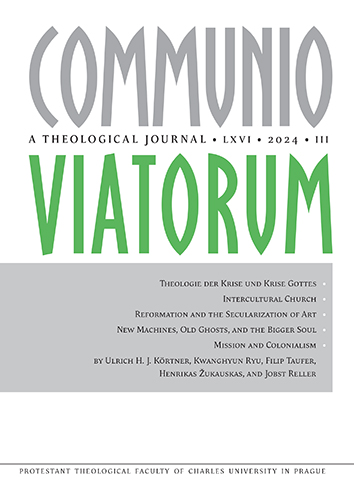Author(s): Reda Griškaitė / Language(s): Latvian
Issue: 26/2024
The idea to write an article about Petr Hil’tebrandt (vel Hil’tebrant, 1840–1905) was born in the course of researching Pyotr Bezsonov vel Bessonov (1827–1898) (see ALt 25, 297–370). Both of them came to Vilnius (Rus. Vil’na) in 1865, in the wake of the uprising of 1863–1864. Both of them landed a job with the Vilnius Educational District. Both of them came from Moscow, where they had been actively engaged in the Slavophile media. Due to the difference in age, their relationship was one of a mentor and a pupil. Bezsonov, a researcher of Slavism and folklore and publisher of sources, already had a name among the academia, and was therefore handed the mission of setting up a centre for Russian science and culture in Vilnius, its goal being to eradicate the historical memory of the ‘Polish’ intellectual life that had once thrived there. Bezsonov was given a number of high-ranking positions in Vilnius, serving as the chairman of the Vilnius Commission for the Studies and Publication of the Books of the Early Acts and the headmaster of the Rabbi School in Vilnius and then of the 1st Boys’ Gymnasium in Vilnius. On top of that, he was the main reorganiser of the Vilnius Museum of Antiquities and the founder of the Vilnius Public Library. What brought Hil’tebrandt to Vilnius was not a career, and definitely not some ideology, but rather his wanting to start life anew: in 1863, he was expelled from the Faculty of History and Philology at Moscow University for his involvement in student unrest. By contrast to Bezsonov, a son to an orthodox priest, Hil’tebrandt came from a family of landlords in Ryazan governorate. When he came to Vilnius in 1865, Bezsonov was at the peak of his maturity: he was 37, married, and had a large family. Hil’tebrandt, who settled in Vilnius the very same year, was twenty-five and single. Contrary to Bezsonov, who did not spend two years in Vilnius, Hil’tebrandt kept working there for a whole seven years. By contrast to his older colleague, he did not engage in any kind of large-scale brainstorming regarding the depolonisation of the North-Western Province (NWP) and its integration into the Russian world: he would simply do what he was told to. He was not as adept with the quill as Bezsonov was, but he was still rather competent with it, and most importantly, he would write ‘correctly’ and had the ability to give ‘scientific’ justification to the Russian nature of the NWP. Opposite to Bezsonov, he was peaceful by nature. We cannot argue that Bezsonov chose Vilnius solely because of his career, for he had an innate sense of curiosity and would simply ‘collect’ new nations and new languages. When he came to the NWP to experience Belarussians firsthand, he was surprised by his discovery of Jews and stunned by how large and exotic their diaspora was, which was a contrast to Hil’tebrandt, who was known as a Judeophobe. The management of the Vilnius Educational District liked Hil’tebrandt. In the long run, Bezsonov became a byword for a ‘worthless’ clerk, while Hil’tebrandt was the embodiment of one who was ‘ideal’.
More...
